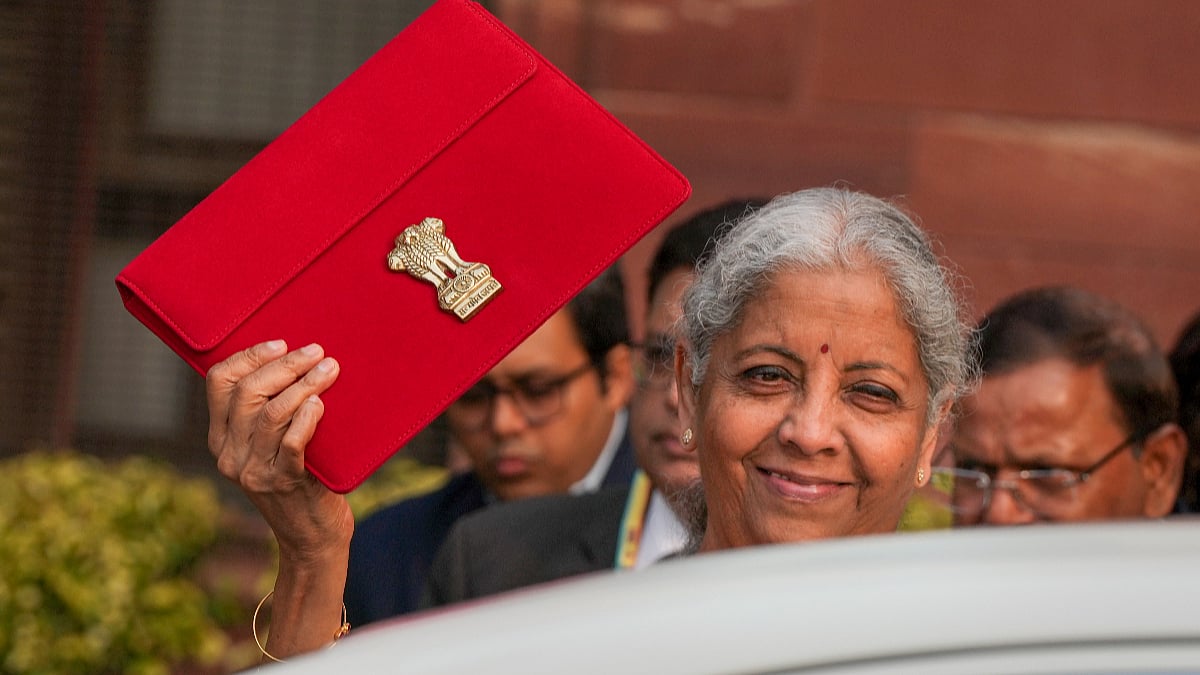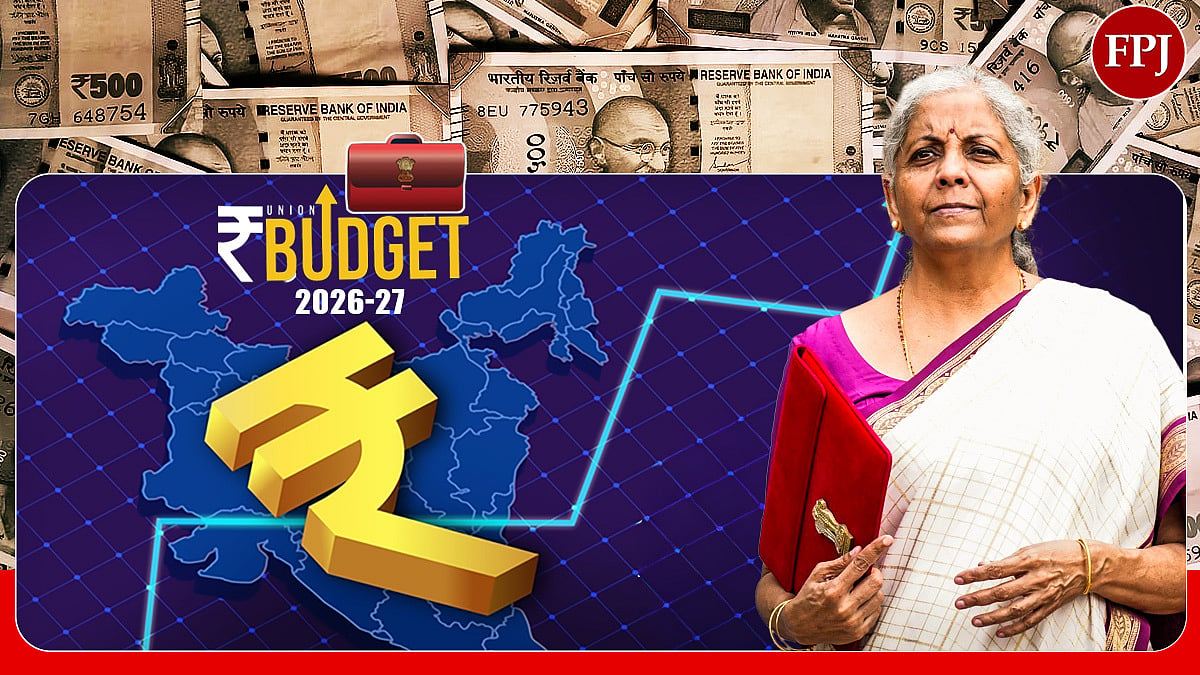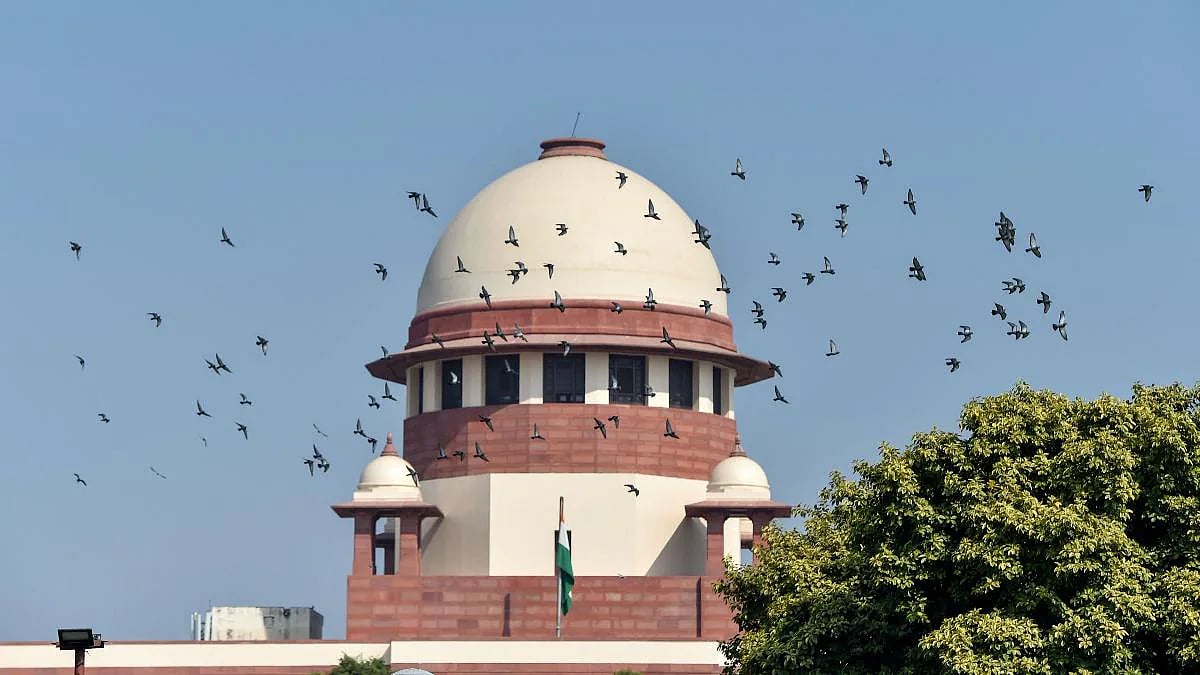What US President Donald Trump could not do some years ago, India’s Prime Minister Narendra Modi has come one step forward in doing. Soon after his election, Trump had started moving towards barring the entry of people from some countries whose populations were predominantly Muslim. Now, the Union government in India led by Modi has passed in the Lok Sabha the Citizenship (Amendment) Bill, 2019, which paves the way for providing citizenship to those who had been forced to seek shelter in India because of religious persecution or fear of persecution in their home countries.
Taken in this context, the bill, which was passed at the midnight hour between December 9 and 10, much like India getting Independence, is noble. However, terming it as such will be a costly mistake for the country and its citizens as this sentence cannot and should not be taken in isolation. The bill talks of providing citizenship to Hindus, Sikhs, Jains, Parsis, Buddhists, and Christians from Afghanistan, Pakistan, and Bangladesh.
Therein lies the problem and the very reason that it should be rejected outright. The bill is at best an ill-conceived piece of legislation and at worst a blatant attempt at further saffronising India. It is abundantly clear to everyone that the bill, which is highly divisive, targets people of only one community. If it had not been so, the religions and the countries would not have been mentioned. There can be no other conceivable reason for this to have been done, despite the claims of Union Home Minister Amit Shah, who tabled the bill in the Lok Sabha, that it is not discriminatory. If the intention is to offer protection to people who feel persecuted, the bill should have been all encompassing. It is inconceivable that the ruling Bharatiya Janata Party (BJP) believes that Muslims are not persecuted. It is also inconceivable that the BJP believes that people in countries other than the three mentioned are not persecuted.
Shah has also said that persecuted Hindus have nowhere else to go. However, that cannot be a reason for bringing in legislation that is inherently discriminatory. The legislation could simply have provided for citizenship to people who face persecution, irrespective of their faith and their country. It need not have even mentioned religion at all, as persecution does not become more painful if it is done on the basis of religion. Several people across the spectrum, especially those fighting for justice in various aspects of our life, including gender, would certainly vouch for this.
As it stands, the bill violates the principles for which this country at least overtly stands and goes against the principles on which the Constitution was framed. The freedom of religion enshrined in our Constitution is premised on all religions being equal. It is a sad commentary on where the country is headed that those who framed the bill have conveniently forgotten this. Those who led the country when India awakened to light and freedom as the world slept, at the stroke of the midnight hour, would not have let such a bill ever to be framed. The thought of a further religious divide tearing the nation apart, as it did during Partition, which led to the formation of Pakistan, is too horrific to even contemplate.
Against this background, it may not be too incorrect to call the bill the latest in a series of moves towards the saffronisation of India. One such major move made by the BJP-led National Democratic Alliance (NDA) government is the implementation of the National Register of Citizens (NRC). This, too, is a noble cause if looked at from afar and in isolation. However, given that any such exercise in the country is likely to largely affect the underprivileged people, who more often than not would find it difficult to produce the documents asked for, this was a step best not taken. However, it is pertinent to note that a large section of the people in the part of the country where the Centre undertook the NRC exercise are Muslims or Christians. The lakhs of people who have been excluded from the register of citizens are poor and profess these faiths. It is also surprising that the Union government did not undertake this exercise first in Maharashtra, from where reports of politicians calling for the deportation of illegal immigrants, especially from Bangladesh, regularly emerge. Equally perverse is the continuous promotion of the Hindutva agenda by the government even by not-so-subtly trying to make changes in the school syllabus.
Modi’s government has in this regard an advantage over Trump. The decision of the US President on the bar on Muslims was met with strong and vocal opposition inside the Congress and outside on the streets, largely because he did not win by a huge margin in the presidential elections. On the other hand, Modi became Prime Minister after the BJP and its allies had a comfortable majority in the first term and the NDA alliance had a landslide victory in the second term. This gave Modi much more latitude in the Lower House of Parliament and not only allowed the ruling party to get away with various measures, such as demonetisation and the shoddy implementation of the goods and services tax, but also helped it bulldoze its way through while implementing the NRC and passing the Citizenship bill in the Lok Sabha.
However, just as with everything that is wrong, just because the majority deems it correct or chooses to turn a blind eye to the government’s moves, the Citizenship bill cannot be considered a right step. It will only serve to remove the very principles on which the nation has been functioning, inclusiveness and secularism, which help this hugely diverse nation remain united even in times of extreme strife. It is thus only right that the lawmakers move concertedly and quickly to ensure that this bill does not become an Act and that the secular ethos of the country remains intact. Anything less than this will be a betrayal of the principles on which the founding fathers based the Constitution and will serve to alienate not only the minorities not included in the bill but also all educated people in the country. It will in effect create the grounds for another Partition.
The writer is a senior Bengaluru-based journalist. Syndicate: The Billion Press










